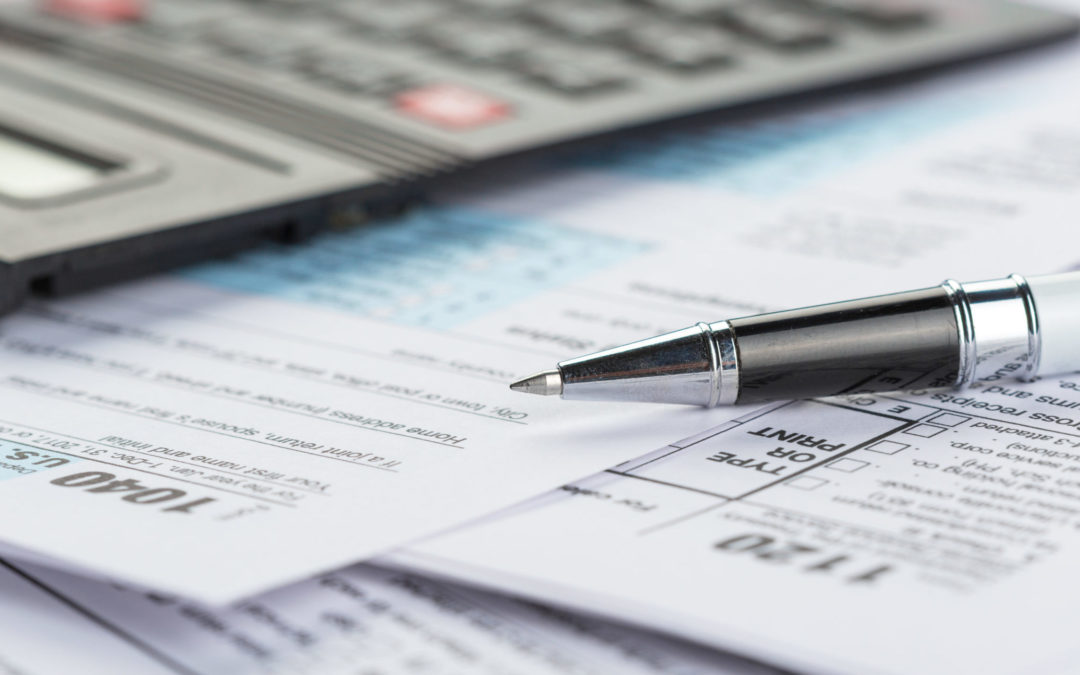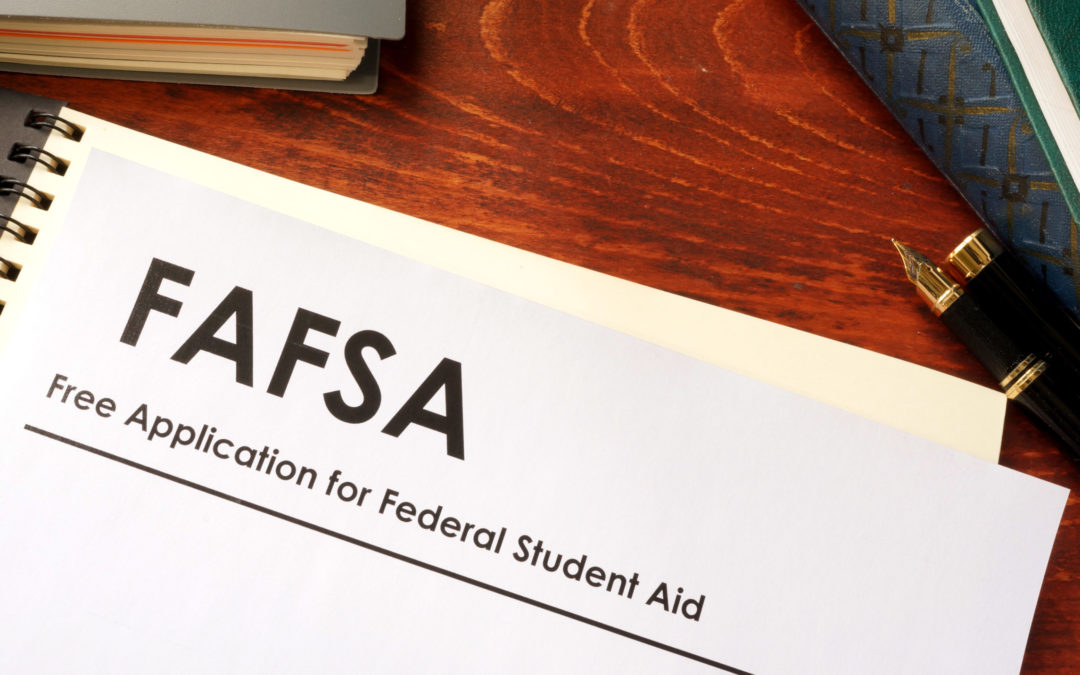
Six End-Of-Year Tax Tips
While we may be approaching the end of the year, there is still time to trim your tax bill for next year. Whether you had a year full of financial gain, suffered financial losses or rode the middle ground all year, you can still make moves to put yourself in a better position come tax day.
Now is a great time to make these easy and smart tax moves to reduce your taxes owed and maximize your returns when you file next year.
1. Make 401(k) and HSA contributions.
A great way to reduce your taxable income is to contribute to your 401(k) and/or your Health Savings Account. While you have until April 15 of next year to put money towards your HSA, the deadline for 401(k) tax-deductible contributions is December 31.
It’s a good idea to try and increase your 401(k) contributions and put in the maximum amount allowed. In 2020, that amount is capped at $19,500. For those who are 50+ the amount is capped at $26,000. Even if you can’t put in the maximum amount, any amount is helping you build your nest egg for retirement.
The contribution limit for a HSA in 2020 is $3,550 for individuals and $7,100 for family plans. Those who are 55+ can add an extra $1,000.
2. Convert money from a traditional IRA to Roth IRA.
If you lost income this year, it may be in your best interest to convert any traditional individual retirement accounts to a Roth IRA. You invest after-tax dollars into a Roth IRA, which means they grow tax-free over time. A major bonus for investing in a Roth IRA is the possibility that your money could be free of taxes in retirement.
Converting to a Roth IRA means you could potentially reap these benefits:
- No required minimum distributions (RMD).
- Very low tax levels.
- Increased flexibility for estate planning and tax diversification.
3. Spend your FSA.
If you have a Flexible Spending Account that you use to pay for out-of-pocket health care costs and still have money left, you may want to use it before the year is over. While you can carry over money to the next year, it’s often limited to around $500.
If you’re not sure how to spend it before end-of-year, you can use your FSA funds for a plethora of items and services. These include eye exams, diabetic supplies, dental treatment, contact lenses, eyeglasses, first aid supplies, sunscreen, over the counter medicine and more.
4. Donate to charity.
If you’re looking to clean out your closet while also trimming your tax bill, consider donating unwanted clothes or other items to a local charity. You can receive tax deductions for donating non-cash items and/or money to qualified charitable organizations. If you’re interested in doing so, make sure to get an itemized receipt for everything you donate!
5. Purchase items for your business.
Consider making purchases for your small business or side-gig before the end of the year as “ordinary and necessary” business expenses can be used for tax deductions. These deductions are available to those who are self-employed. Purchases that are eligible for a tax write-off include: home-office supplies, mileage, expenses pertaining to your home-office and any equipment or materials bought for your business.
6. Meet with your advisor.
Taking the time to meet with your financial advisor before the end of the year is an excellent way to reduce taxes. Ultimately, they’re going to be your best source of knowledge when it comes to tax planning. They can dive deep into your unique situation and pinpoint possible strategies to reduce your taxes.




Recent Comments